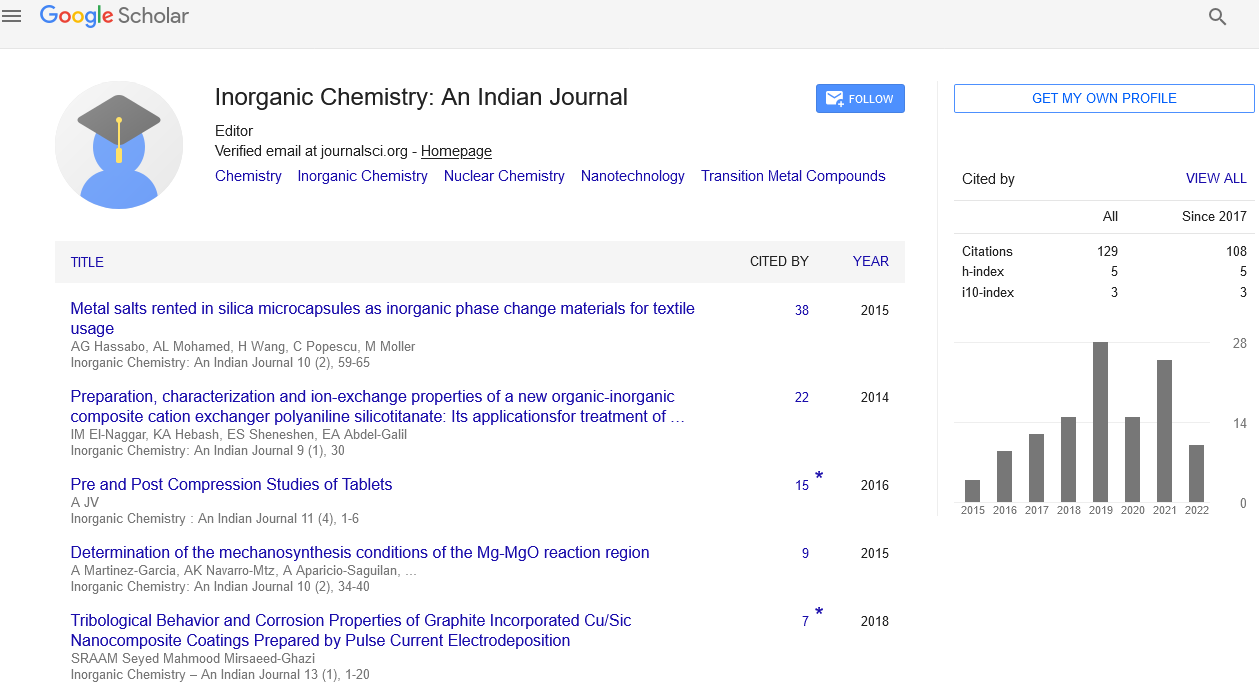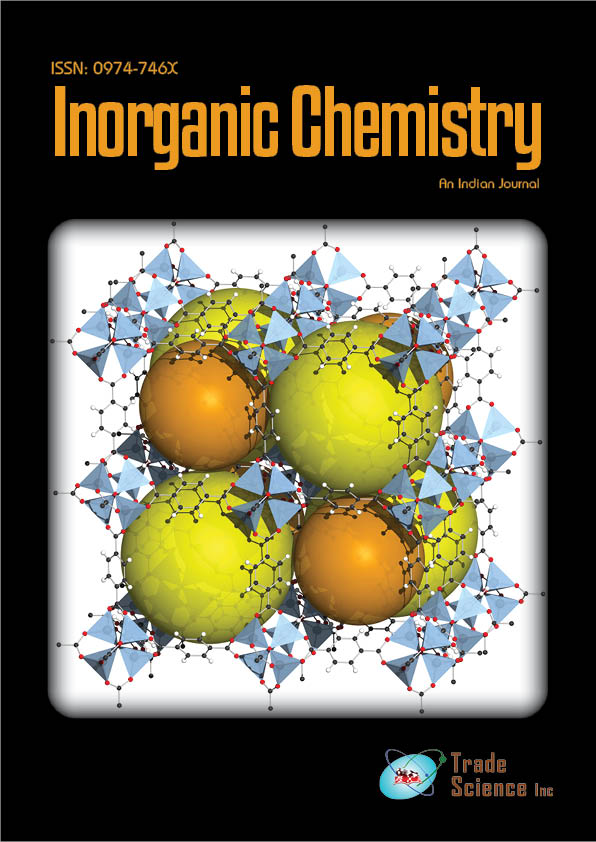Short communication
, Volume: 16( 4)Synthesis & spectroscopic characterization of acyl carnitine derivatives, for the diagnosis of fatty acid ò-oxidation disorder
Abstract
Β-Oxidation of acyl-CoAs in mitochondria produces various acylcarnitines that appear in blood and are excreted into urine. Acylcarnitine profiles have been used as biomarker for the diagnoses specific inherited metabolic diseases, such as medium-chain acyl- CoAdehydrogenase deficiency (MCAD) , (MADD) , (VLCAD) , and long-chain hydroxyacyl-CoA dehydrogenase deficiency (LCHAD) by using tandem mass spectrometry. Carnitine acyltransferace enzymes reversibly interconvert acyl-CoA and, acylcarnitine derivatives, thereby it catalyse the translocation of the fatty acyl moiety across the mitochondrial membrane. The identification of the carnitine ester has not been recognized by tandem mass spectrometry. We have established a method based on O-Acylation of carnitine chloride, and /or replacement of the acid chloride by equimolecular amount of thionyl chloride followed by the addition of carnitine chloride. We have synthesized of a series of Acyl-carnitine derivatives such as Cis-5- , and Trans-5 Tetradecenoyl carnitine, and Trans -2-Tetradecenoyl carnitine. The synthesized carnitine derivatives were fully characterized by NMR, GC/EI-MS, LC/MS. The isolation of the C14:1 acylcarnitine from human urine will be Trans esterified to form ester derivative, and characterized, these results will be compared to those standard carnitines. The standards will then spiked in urine, and detected by HPLC/MS. Based on the data that we expect from the analyses we can develop an assay for the detection of the acyl carnitine. Following the same methodology we will synthesis several Acyl carnitine derivatives and develop a general Chromatography based assay for detection of small , Medium a, and long chains Acyl crinite in urine.
Biography
Dr. Sobhi obtained his Ph.D. in Clinical Bio analytical Chemistry, from Cleveland State University in 2008, following his M.S. in Synthetic organic Chemistry in 2005. In 2008 he was appointed as NIH Post-Doctoral Fellow, at Case Western Reserve University, School of Medicine. Dr. Sobhi is an Associate Professor, and director of Coppin center for organic synthesis at Coppin State University. He is an active researcher in translational research that focused on the development strategies to synthesis small bioorganic molecules for clinical diagnosis. Dr. Sobhi received several awards from AACR, NASA and most recently the 2015 Wilson L. Elkins Professor of Chemistry.
This work is partly presented at 2nd World Chemistry Conference 2016, August 08-10, 2016

